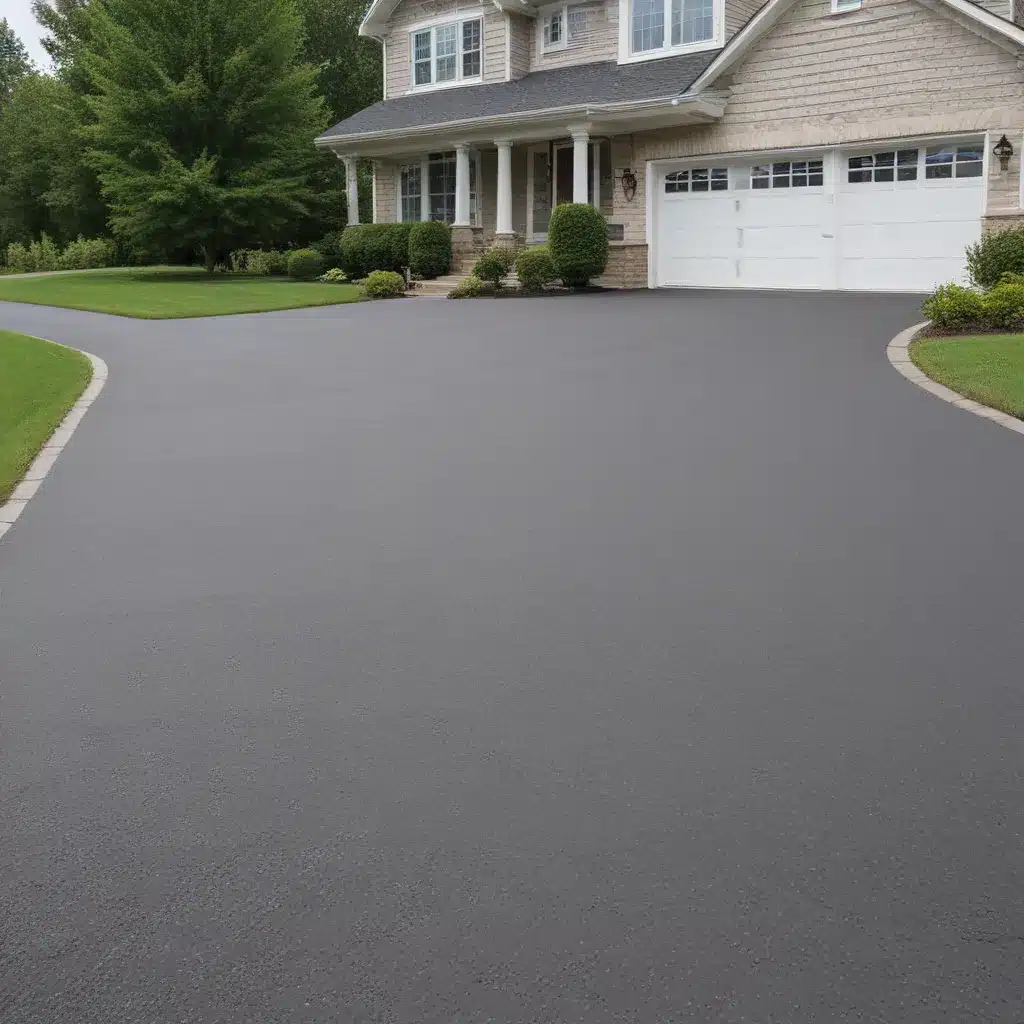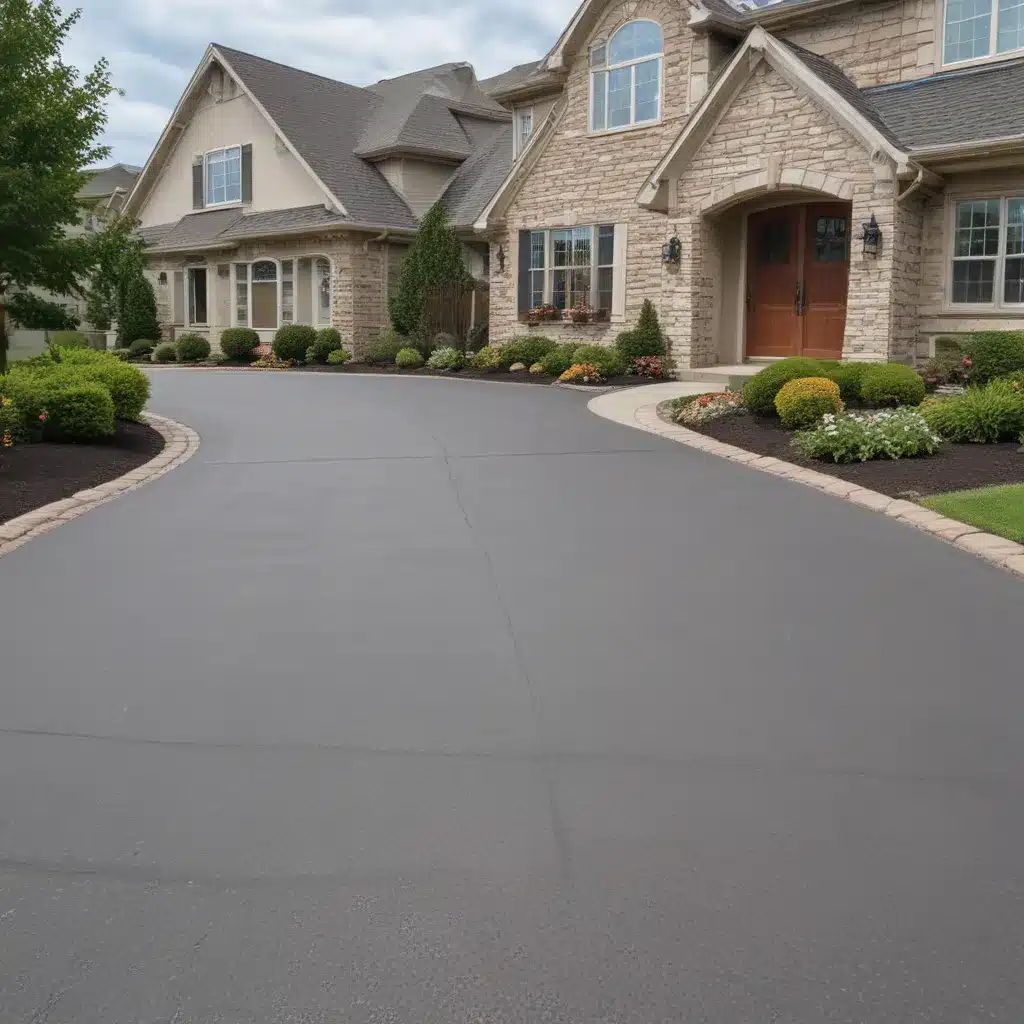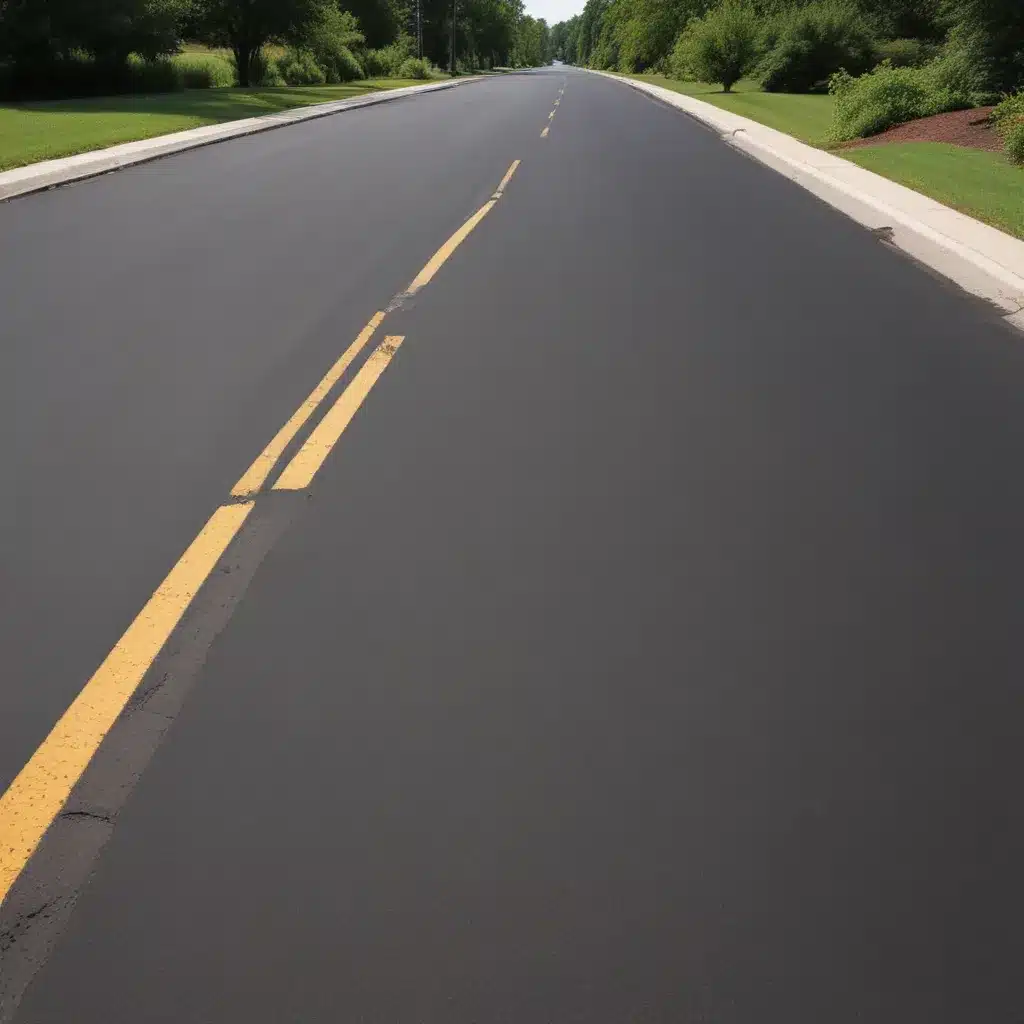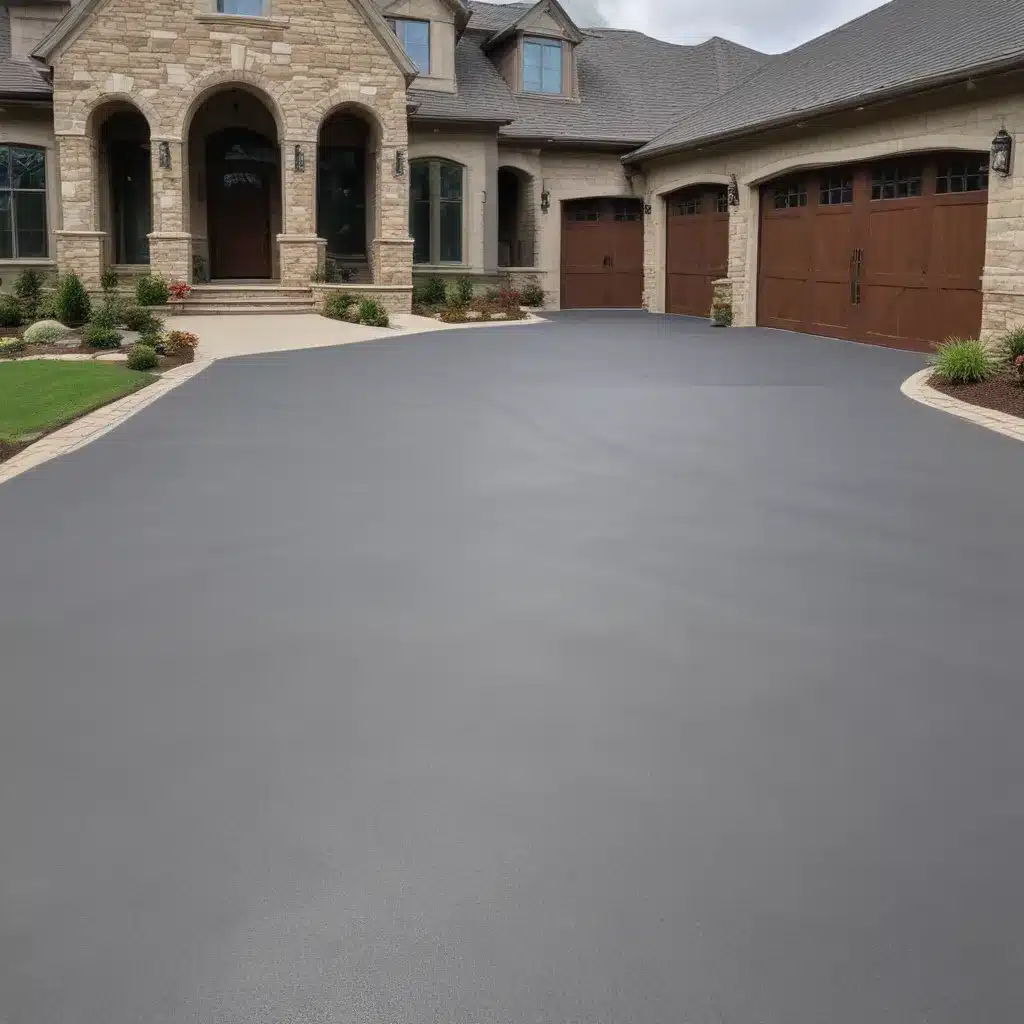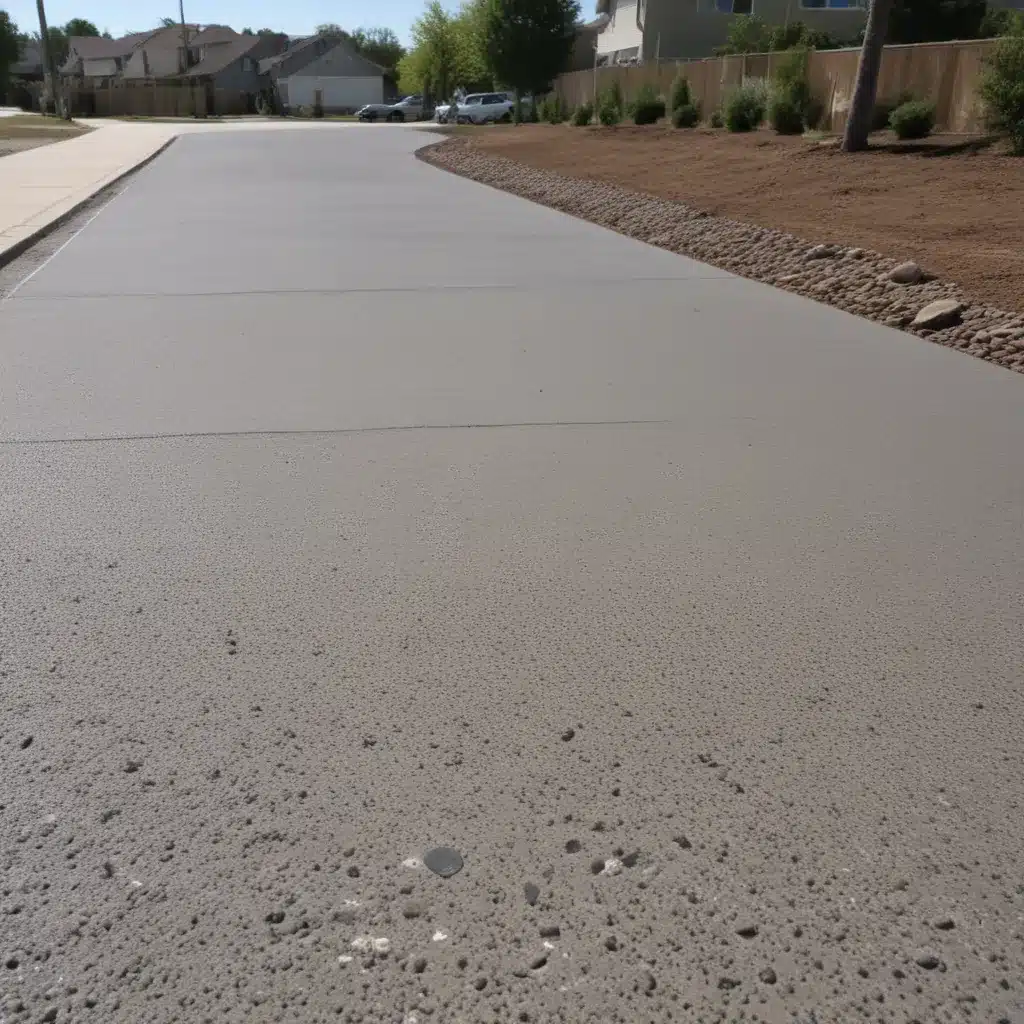Is It Time To Give Your Driveway Some TLC?
You know the feeling – you pull into your driveway, and that familiar cringe sets in. The cracks, the potholes, the unsightly stains that just won’t seem to go away. As a homeowner, dealing with a driveway in disrepair can be a real pain. But when is it time to take action? Should you try to repair the issues, or is it time to just bite the bullet and replace the whole thing?
As someone who has been in your shoes, I can attest that this is a common conundrum that many homeowners face. The good news is, there are some clear signs that can help you determine whether repair or replacement is the way to go. In this in-depth guide, I’ll walk you through all the factors to consider so you can make the best decision for your home and your budget.
Assessing The Damage: How Bad Is It?
The first step in deciding whether to repair or replace your driveway is to take a good hard look at the current state of affairs. What, exactly, are you dealing with here? Are we talking a few minor cracks that can easily be patched, or a full-blown disaster zone of potholes and crumbling concrete?
Take a careful look at your driveway and make note of the following:
– The size and number of cracks
– The depth and width of any potholes or divots
– The overall condition of the surface – is it just cosmetic issues, or is the structural integrity compromised?
– The presence of any staining, discoloration, or other signs of deterioration
Once you’ve thoroughly assessed the damage, you can start to get a sense of whether this is a repair job or a full-on replacement situation. As a general rule of thumb, if the damage is relatively isolated and superficial, repair is likely the way to go. But if you’re dealing with widespread, structural issues, replacement may be the better long-term solution.
Repair: Can You Salvage Your Driveway?
Okay, so you’ve taken a good look and determined that the damage is relatively manageable. Great news! Repairing your driveway can be a cost-effective way to breathe new life into it without the hefty price tag of a full replacement.
But don’t just start slapping on some patch material willy-nilly. There’s a bit more to it than that. For a driveway repair job to be truly successful, you need to take the time to do it right. This means properly preparing the surface, using high-quality materials, and following the necessary steps to ensure a long-lasting fix.
Crack Repair
One of the most common driveway issues is cracking, which can be caused by a variety of factors like settlement, freeze-thaw cycles, and general wear and tear. The good news is, cracks can often be repaired relatively easily. Start by thoroughly cleaning out the crack, removing any debris or loose material. Then, use a high-quality concrete crack filler or sealant to fill in the gap. Be sure to smooth it out for a seamless finish.
Pothole Repair
Potholes can be a real headache, both for your car and your curb appeal. To tackle these, you’ll want to start by carefully removing any loose or crumbling material. Then, use a concrete patching compound to fill in the hole, making sure to tamp it down firmly. You may need to do this in layers, depending on the depth of the pothole.
Surface Resurfacing
If your driveway is looking a bit worse for wear, but the underlying structure is still sound, a surface resurfacing could be the solution. This involves applying a fresh layer of sealant or overlay material to the top of the existing driveway, effectively giving it a facelift. Just be sure to thoroughly clean and prepare the surface first for best results.
Properly executed, a driveway repair job can breathe new life into your outdoor space and extend its lifespan by several years. But there’s always the chance that the damage is too extensive for a simple fix. In that case, it may be time to consider a full replacement.
Replace: When Repair Is No Longer An Option
As much as we’d all love to avoid it, there comes a time when a driveway is simply beyond repair. Maybe the cracks have become too widespread and severe, or the underlying structure has deteriorated to the point of no return. Whatever the case may be, sometimes a full replacement is the only way to go.
Now, I know what you’re thinking – “Ugh, a full driveway replacement? That’s going to cost a fortune!” And you’re not wrong. Driveway replacements can be a significant investment. But the good news is, with proper planning and execution, it can also be a worthwhile one that pays off in the long run.
Evaluating The Costs
When it comes to driveway replacement, the costs can vary widely depending on a number of factors. The size and materials of your existing driveway, the condition of the underlying base, and your location can all play a role in the final price tag.
As a general ballpark, you can expect to pay anywhere from $3,000 to $10,000 or more for a full driveway replacement. Ouch, I know. But remember, this is a long-term investment in your home’s value and curb appeal. Plus, with a brand new driveway, you can rest assured that it will be built to last.
Choosing The Right Materials
One of the key decisions you’ll need to make during a driveway replacement is what type of material to go with. The most common options are concrete, asphalt, and pavers. Each has its own unique pros and cons in terms of cost, durability, maintenance, and aesthetics.
Concrete, for example, is a sturdy and long-lasting choice, but can be more expensive upfront. Asphalt is generally more affordable, but may require more frequent upkeep. And pavers offer a beautiful, customizable look, but can also come with a higher price tag.
Ultimately, the “best” material will depend on your budget, your personal preferences, and the unique needs of your property. I’d recommend doing your research, comparing your options, and even consulting a local driveway expert to help you make the right choice.
The Installation Process
Once you’ve settled on the material, it’s time to tackle the installation process. This is definitely a job best left to the professionals, as proper site preparation, base installation, and surface application are crucial for a driveway that will stand the test of time.
Depending on the complexity of your project, a full driveway replacement can take anywhere from a few days to a couple of weeks to complete. During this time, you’ll need to plan for limited access to your driveway, so be sure to make alternative parking arrangements if needed.
The end result, though, will be a brand new, pristine driveway that not only looks great, but will provide a sturdy, long-lasting foundation for your vehicles for years to come. And let’s be honest – who doesn’t love the look of a freshly paved driveway?
Weighing Your Options: Repair Vs. Replace
So, there you have it – the pros and cons of repairing versus replacing your driveway. It’s a big decision, but hopefully this guide has given you a better sense of what to consider.
To summarize, here’s a quick comparison:
| Repair | Replace |
|---|---|
| Cost-effective short-term solution | Significant upfront investment |
| Can extend lifespan by several years | Completely refreshes your driveway |
| Best for minor, isolated issues | Necessary for widespread, structural damage |
| Requires careful preparation and execution | Installation process can be disruptive |
Ultimately, the choice comes down to the specific condition of your driveway, your budget, and your long-term goals for your home. If the damage is relatively manageable, a repair job may be the way to go. But if you’re dealing with major, systemic issues, a full replacement could be the better path forward.
No matter which route you choose, the team at NW Driveways is here to help. We’ve been providing top-notch driveway services to homeowners in the Warrington area for years, and we’d be happy to lend our expertise to your project.
So, what’s it going to be? Repair or replace? The choice is yours, but I hope this guide has given you the information you need to make the best decision for your home. Good luck!

